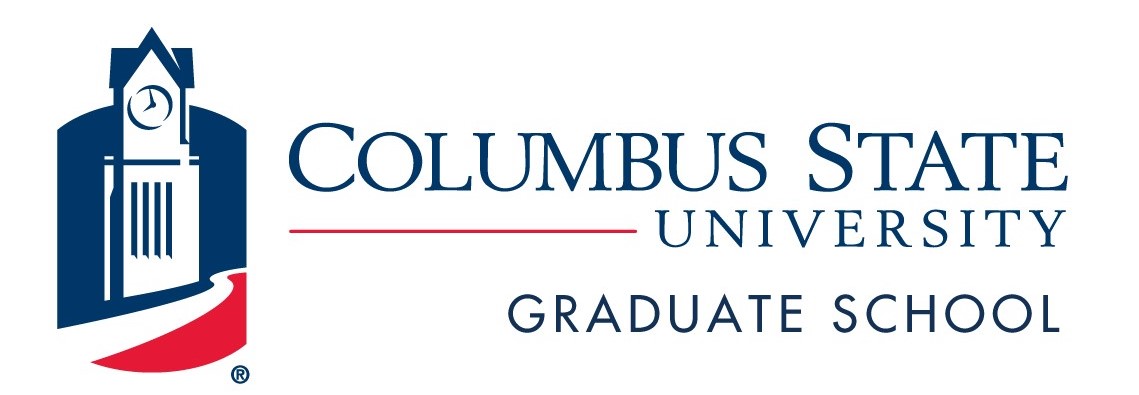Role of Reflection in Education
Presentation Type
Event
Location
Columbus State University
Start Date
3-11-2022 11:00 AM
Description
There is no disagreement about the role of reflection in education. The Educational Policy and Accreditation Standards of the Council on Social Work Education (2015) purports a holistic view of competence, ""that includes the social worker's critical thinking, affective reactions, and exercise of judgment in regard to unique practice situations"" (CSWE, 2015). We propose Autoethnography as a meta assignment that will help measures Cognitive and Affective reasoning. This Poster describes the process of linking espoused theory to theories in action and arriving at a personal practice philosophy. This philosophy is anchored in the narration of Autoethnography which is personal and unique to each student. Students retroactively and selectively write about past experiences and describe their trajectory of events in social work education that prepared or stifled their preparation for practice in social work. Students write their own Autoethnography and describe their own life experiences that motivated them to seek social work as their profession of choice (espoused theory). Students note significant events that generated excitement, concern and/or unresolved issues (theories in action). Students also consider their practicum and describe how it challenged their preconceived notions, world views, and assumptions. Students describe how they responded to the shifts experienced in status-quo, and arrive at a resolution that made them comfortable with clients and with social work practice itself (personal practice philosophy). As part of Autoethnography, each student plays the role of a narrative inquirer, and their peers play the role of responders. The Narrative Inquirer narrates the incident, context, and social work practice along with value assumptions. Students as responders in Narrative Inquiry appreciate a point of view that is different from their own, articulate their own perspective, provide appropriate feedback and actively pursue collaboration and co-production process that helps reframe personal practice philosophy.
Role of Reflection in Education
Columbus State University
There is no disagreement about the role of reflection in education. The Educational Policy and Accreditation Standards of the Council on Social Work Education (2015) purports a holistic view of competence, ""that includes the social worker's critical thinking, affective reactions, and exercise of judgment in regard to unique practice situations"" (CSWE, 2015). We propose Autoethnography as a meta assignment that will help measures Cognitive and Affective reasoning. This Poster describes the process of linking espoused theory to theories in action and arriving at a personal practice philosophy. This philosophy is anchored in the narration of Autoethnography which is personal and unique to each student. Students retroactively and selectively write about past experiences and describe their trajectory of events in social work education that prepared or stifled their preparation for practice in social work. Students write their own Autoethnography and describe their own life experiences that motivated them to seek social work as their profession of choice (espoused theory). Students note significant events that generated excitement, concern and/or unresolved issues (theories in action). Students also consider their practicum and describe how it challenged their preconceived notions, world views, and assumptions. Students describe how they responded to the shifts experienced in status-quo, and arrive at a resolution that made them comfortable with clients and with social work practice itself (personal practice philosophy). As part of Autoethnography, each student plays the role of a narrative inquirer, and their peers play the role of responders. The Narrative Inquirer narrates the incident, context, and social work practice along with value assumptions. Students as responders in Narrative Inquiry appreciate a point of view that is different from their own, articulate their own perspective, provide appropriate feedback and actively pursue collaboration and co-production process that helps reframe personal practice philosophy.

